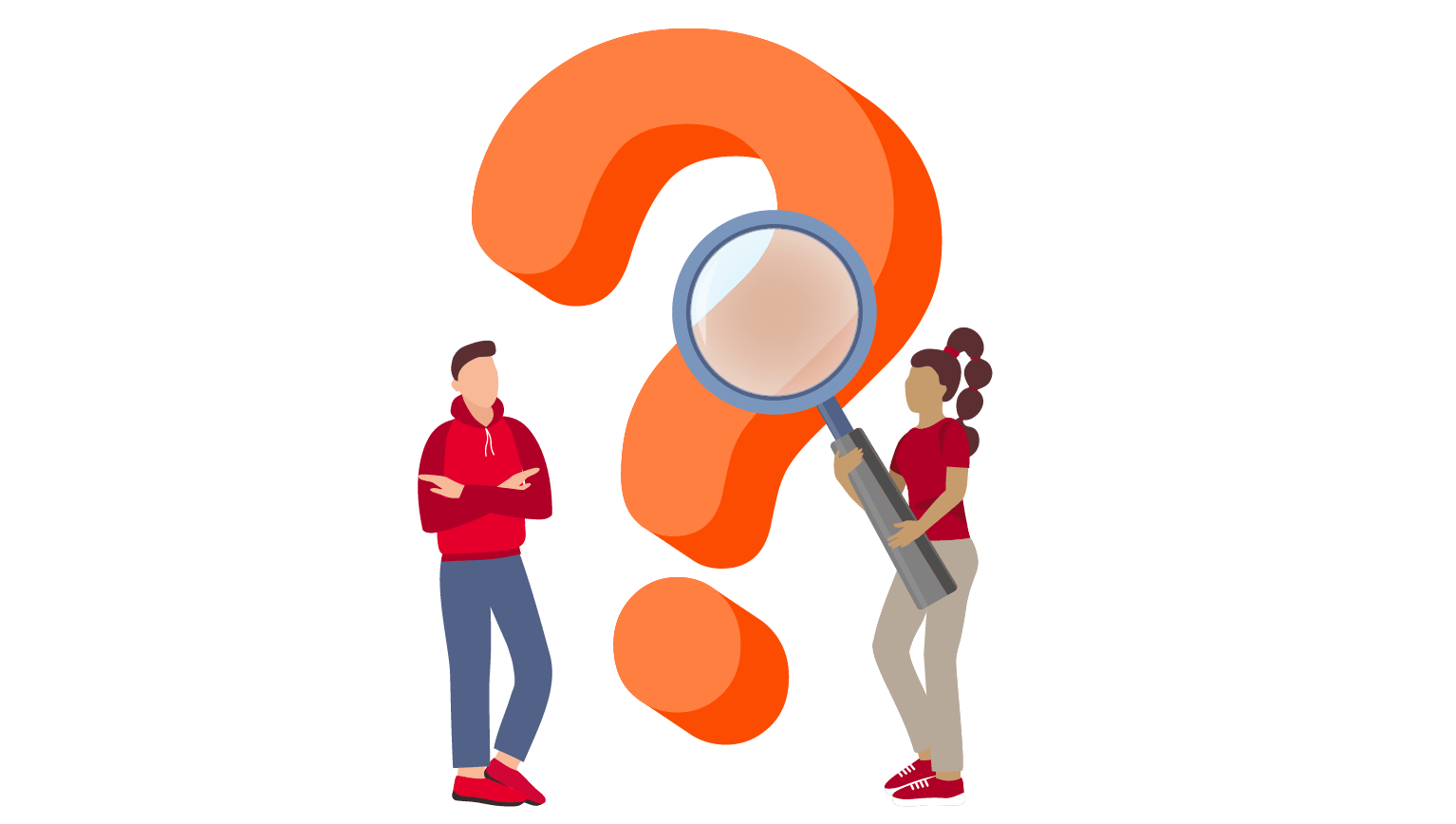404 - Page Not Found
Sometimes things just don't add up.
Like this page...which didn't quite reach its potential.
The page you requested cannot be found. It may have expired or been moved. Please use the navigation above to get back on track.

Like this page...which didn't quite reach its potential.
The page you requested cannot be found. It may have expired or been moved. Please use the navigation above to get back on track.
